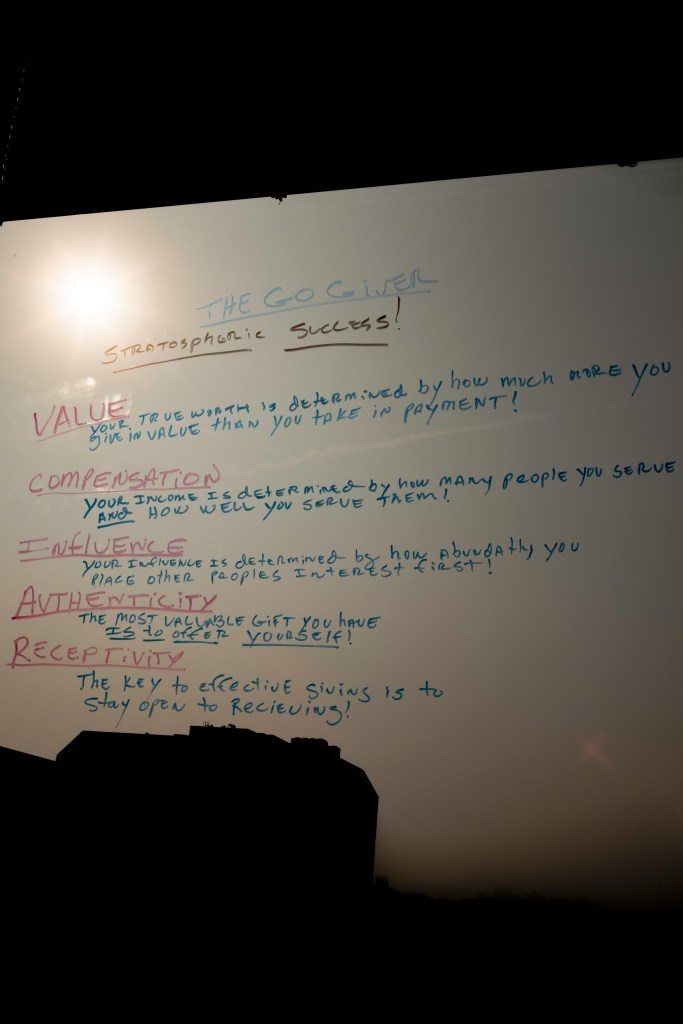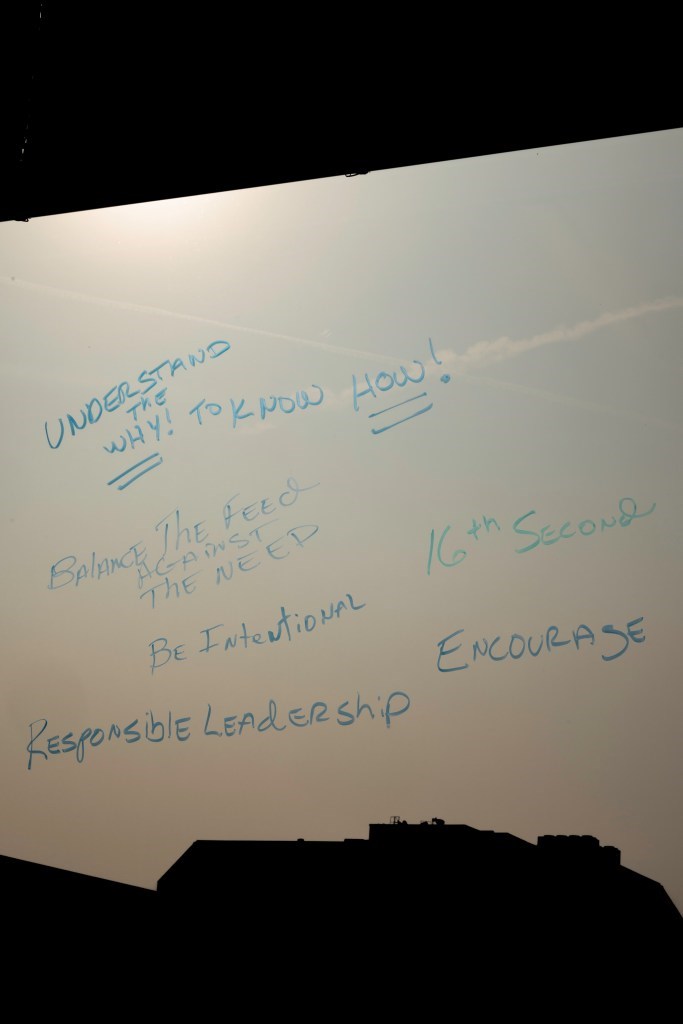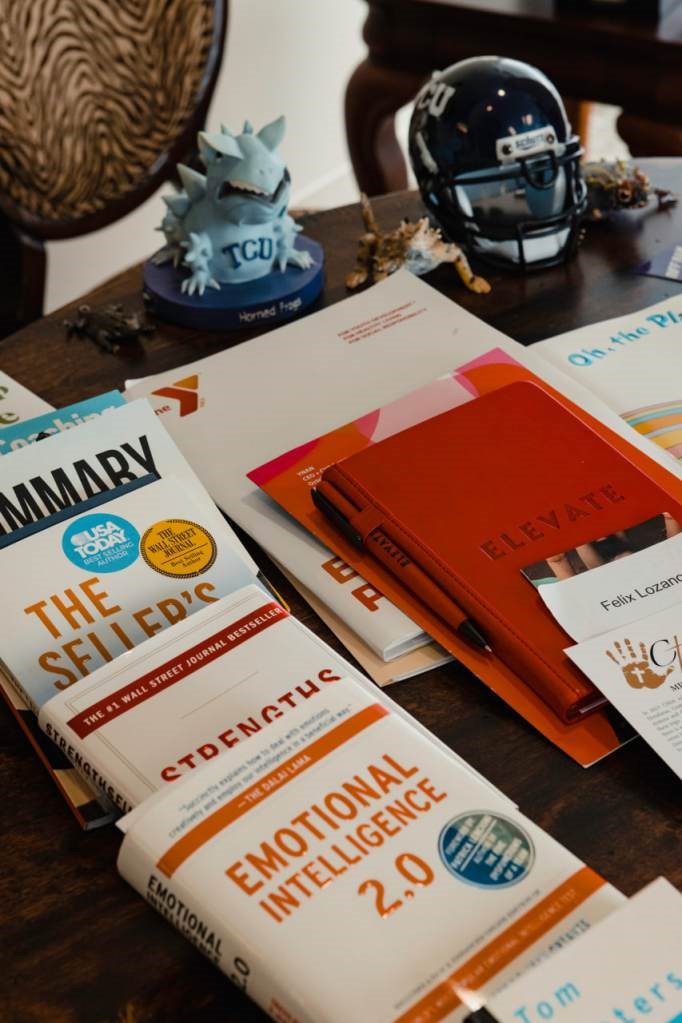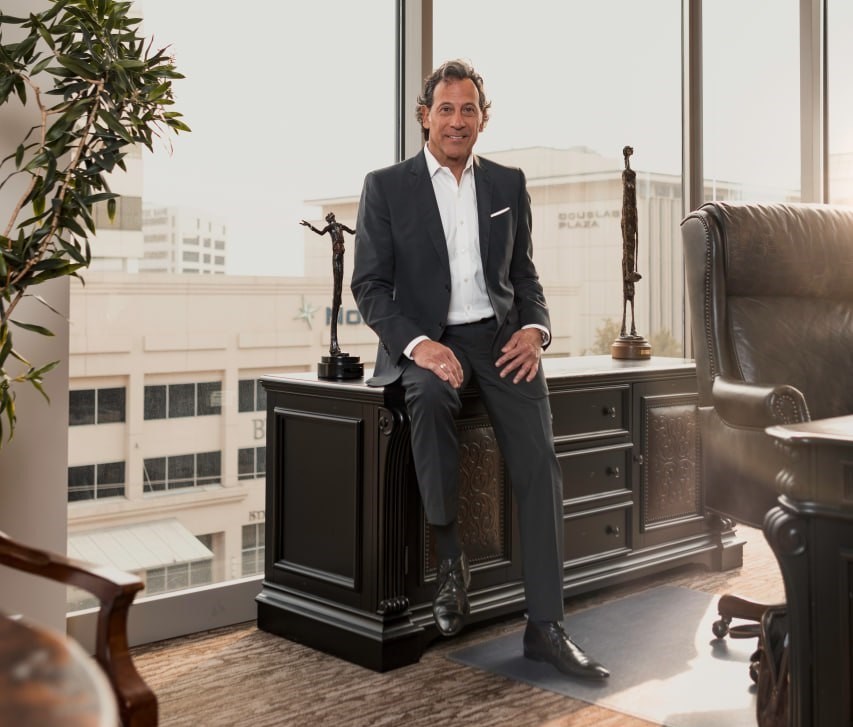It was a suffocating Sunday morning in August. In 2019, summer was hot, even by Texas standards. That year had the second-hottest August on record, peaking at 104 F on August 17. Not too many people would consider that an optimal time to go outside and train in the sun for a 100-mile ride, but the annual bicycle ride in Wichita Falls is not called Hotter’N Hell for nothing.
The road was empty. No birds or animals in sight; even cars seemed to be chased away by the relentless sun. Maybe they were. From the distance came the sound of rubber against the asphalt — a lone cyclist was moving through the smothering morning at 25 miles per hour. Focused, he cleaned the sweat off his forehead and pedaled on. He was determined to make it to 80 miles this time. Next week, I need to be ready for the real thing, he thought.
He was no novice, and this was not his first race. But riding alone? Rookie mistake. At an intersection, it only took a split second of distraction — maybe the sun got into his eyes or a noise made him look away or a passing thought made his mind wander off, away from the road. The next thing he knew, he was flying over the bicycle’s handlebars. Then everything went black.


Picture an accountant. Most of us see the same image: a drab suit, a vest, thick glasses and yes, maybe even a calculator on the desk. And yet, across the table sits a stylish, tanned 60-something-year-old in a crisp shirt and a sharp suit. He’s not crunching numbers but talking about passing the torch inside one of America’s leading accounting firms.
Felix Lozano is the chief growth officer at Whitley Penn’s Dallas and Plano offices. At the company since 1995, he took over his current position on January first of last year. His task is readying the next generation to take care of Whitley Penn’s internal and external growth strategy ahead of his retirement.
In his own words, Lozano has always been a growth-minded individual. But even if he didn’t say it, you couldn’t miss it. On top of his corner-office desk lies a pile of books filled with notes; the one with the most is titled The Gap and the Gain, by Dan Sullivan. “The premise is very simple to break down,” he explains, going through the book. “We all have ideals, but from where we stand now to the ideal, there’s a gap. But to be successful, you can’t get lost in the gap, you need to count your gains.”
Right behind him are floor-to-ceiling windows covered in quotes and core values he scrawled directly on the glass as reminders: “Balance the feel against the need,” “Be intentional,” and “Encourage.” Another window has a list of principles under the title “Stratospheric success!” It’s a hint at another of Lozano’s most inspiring readings.
“There are five laws of stratospheric success in The Go-Giver,” Lozano says about the bestselling business book by Bob Burg and John D. Man. “And they’re right there on my window so I never forget them.” He hops up from his chair and points at the five laws: value, compensation, influence, authenticity and receptivity. “You could live by those value statements in business and in your own life. The growth mindset is about professional and personal growth.”
In Lozano’s case, for most of his professional life, growth meant business and self-fulfillment. “My life has been filled with Felix doing a lot of things for Felix all the time. Every Saturday, I was playing golf; I was riding my bike. I was doing everything for Felix.” But then, Felix got into a bicycle accident.
A couple of minutes after the fall, the lone cyclist came to in the middle of the road. He had fallen headfirst and was lying on his side on the hot pavement. He tried picking himself up, but one of his arms wouldn’t cooperate — his collarbone was broken. The lonely road was a blessing in disguise. There was no traffic. Heck, there were no cars at all. Now Lozano was by himself, hurt and five miles away from his home.
With no one in sight to assist him, he did the best he could, pulling the bike off the street and getting into the shade before his body went into shock. Around twenty minutes later, a good Samaritan in a car found him there, all covered in bruises and scratches, and offered some help getting him to the hospital.
After the surgery, he left the hospital with a titanium plate, 10 pins and one good arm he used to call his daughter, Mercedes, to tell her what had happened. “She said, ‘You know, Dad, I think God is trying to tell you something. This could be a message that you’re too much into yourself. You should probably start focusing on others. Listen to what He’s got planned for you.’”


“Accountants have never been known to have really good communication skills,” he says. “We went to school to be technicians.” Not that you’d know that by talking to him. And that is something that doesn’t escape Lozano — on the contrary, it’s what he is trying to instill in the next generation of leaders in Whitley Penn.
In April 2023, Whitley Penn will celebrate its 40th anniversary. Lozano has been working there for 28 of those 40 years, and just like him, many of the original team members are retiring. “I’m using all my energy to put into our young leadership — to really kind of give them all the things that I think made me successful,” he says. “If you are giving people the tools to grow as people, that’s a knock-on effect.”
“At Whitley Penn, we’ve always had a growth mindset, but I don’t think we ever really knew what was our secret sauce,” he says. “I think we never stopped and said, what is it?” And that’s a big question to have unanswered, especially when the workforce within your company is going through a generational change.
“I really wanted to enhance the value we provide to our clients, and I wanted our team members to be able to communicate that effectively and efficiently,” Lozano says. “And really, communication is 90% listening.”
After the accident, Lozano couldn’t use his arm for nine weeks. During that time, at the height of the pandemic, people in Dallas, like most of the world, were in serious need of help and community.
For fifteen years, Lozano has been a member of the Dallas YMCA board (before that, he was a member of Fort Worth’s board for eight years). “When COVID hit, another member of the board called me saying, ‘Hey, we need some help with food distribution in southern Dallas,’” he says. “And I said, ‘You know what? I still got one good arm.’”
Saturday mornings started looking very different for Lozano. Every weekend, he spends four hours distributing food and working on cleaning the southern Dallas neighborhood. “That accident changed my whole perspective on how I should be spending my Saturdays,” Lozano says. “It was just like my daughter said, you need to stop, sit still and just listen.” Felix needed to stop focusing on Felix.
Once he recovered, Lozano talked to the firm, letting them know he was looking for a new direction. “Obviously, businesses want to grow, but oftentimes that’s at the expense of personal growth,” he says. So the new direction he proposed to the firm involved giving forward and getting ready for the future. “I’ve been doing this for over 28 years at this firm,” he says, “and for Felix to get ready for retirement, I had to move into the chief growth officer role.”
For the past 11 months, Lozano has been working with 40 young leaders to create a bespoke leadership program that revolves around Whitley Penn’s secret sauce. As he explains, it’s how the company wants to do business — what makes a good advisor and how to pay attention to their clients’ needs. “So I’m really focusing on two things: listen more and ask better questions.”
Ever since the accident, stop and listen has become Lozano’s new type of growth mindset for both his professional career and his personal life. He’s found that empathic listening is a fundamental business tool he’s working to pass on to the next generation of leaders at Whitley Penn. “This is a journey, I don’t know where it will end,” he says, looking out a window covered with inspirational messages.
“I still ride bikes — I love doing it. But now things are more balanced. It’s not all about me.”




